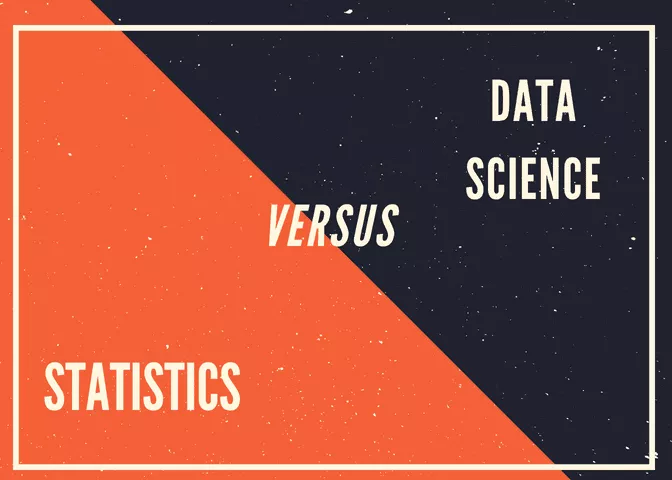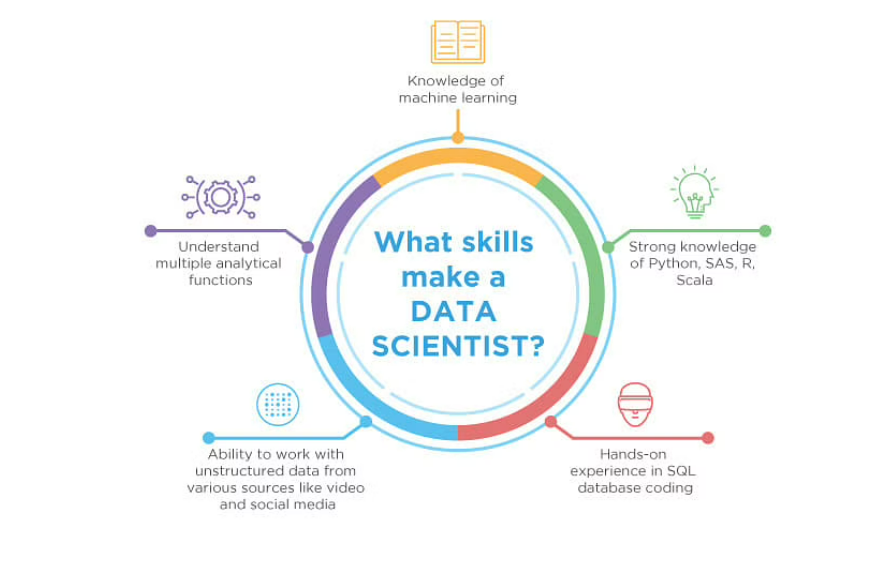Roles explained - Data scientist and Statisticians

Being a data scientist…
According to me a data scientist is a person who is better at statistics than any software engineer and better at software engineering than any statistician. Data scientists are expected to forecast the future based on patterns; he or she is also responsible for developing questions based on the data provided. A data scientist is expected to be well-versed in computer science, statistics, and domain-specific knowledge. A solid data foundation is laid by data scientists in order to perform robust analytics. The most important aspect of being a data scientist is having the freedom to explore, to always think ahead, to uncover non-obvious insights that improve business, product, or model, to change or optimize things to make things better. With proper domain knowledge, it is applicable to many industries such as fintech, social media, food delivery, and so on. I believe there is always something new to learn in this field, which keeps the job interesting.
Roles of Data scientist

Data scientist is a person who needs a knowledge from multiple disciplines like software engineering, statistics, analytics and also expected to have a domain knowledge unlike statistician.
- Research and develop statistical models for analysis
- Collaborate with product management and engineering departments to better understand company needs and devise possible solutions
- Communicate results and statistical concepts to key business leaders
- Use appropriate databases and project designs to optimize joint development efforts
- Create processes and tools to aid in the monitoring and analysis of performance and data accuracy.
- Apply predictive modeling to improve and optimize customer experiences, revenue generation, ad targeting, and other areas.
- Create an A/B testing framework for the company and test model quality.
Comparing Data Scientist and Statisticians
I genuinely think both fields can exist independently, but each is weak without the other. Data scientists frequently work with large amounts of data and on large-scale methods such as large-scale data ingest, cleansing, and transformation. Statisticians, on the other hand, continue to rely on more traditional and smaller-scale data collection methods, such as surveys, polls, and experiments. Data scientists compare various methods to select the best machine learning model for accuracy, while statisticians work to improve the single model to best fit the data. The fields of data science and statistics differ in a number of ways today. The modeling processes, the size of data consumed, the types of problems studied, the academic backgrounds of the people in the field, and the terminology used differ between fields. At the same time, the fields are related in that both data science and statistics seek to extract knowledge from data.
Conclusion
In conclusion, I believe that both fields are independent, employing different methodologies to achieve the same goal of extracting insights from given data sets. I believe that if statisticians learn to implement algorithms that learn from data and provide predictions and actions, and more data scientists learn statistical sciences, both fields will converge to a common end-point. Based on my previous work experience and my graduation coursework, which is a mix of software engineering and statistics, I am leaning toward becoming a data scientist. Each field, however, is distinct in its own way. The primary responsibility of data scientists is to analyze data, provide business insights, and forecast the future, whereas statisticians improve single algorithms that better fit the data. Data scientists and statisticians are ineffective without one another, and if both fields try to learn about each other’s fields, the boundaries will eventually blur.